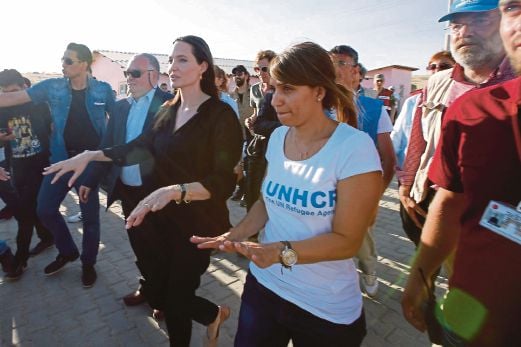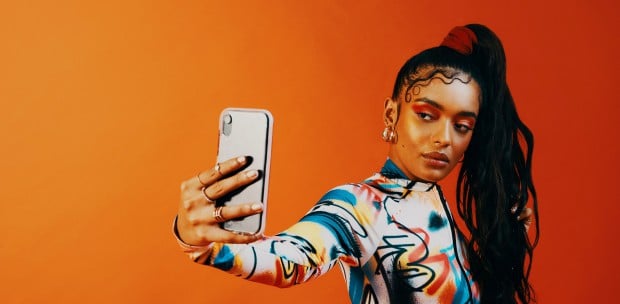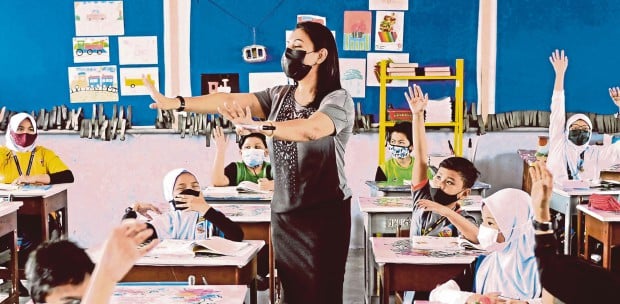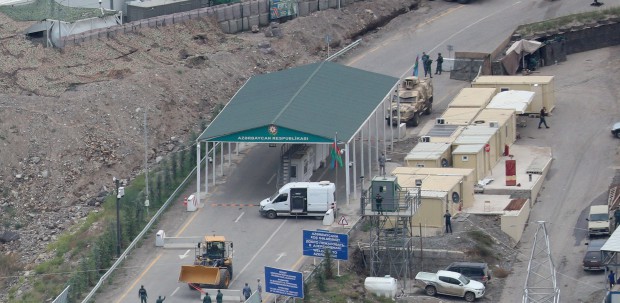CELEBRITY status has its privileges. From complimentary designer dresses to sought-after invitations, from ego-lifting adulation to once-in-a-lifetime opportunities, celebrities often get the best that life has to offer. Many, however, choose to use their international status for good, taking on a pet project or joining others to advocate a cause.
American newspaper mogul Joseph Pulitzer always said publicity was the greatest force in public life. No other organisation is more aware of the benefits of celebrity status than the United Nations itself. Partnering with various celebrities, the UN has managed to channel the publicity generated by these personalities to raise international awareness for its many projects. Call it what you may — Goodwill Ambassador, Special Envoy, Honorary Ambassador or Messenger of Peace. These celebrities lend their name, time and efforts to promoting specific causes.
No one can forget images of Angelina Jolie, as the UN High Commissioner for Refugees’ (UNHCR) Special Envoy, holding refugee children in deepest Africa, or Ian Somerhalder’s impassioned pleas for people to stop polluting the planet, made as part of his work as Goodwill Ambassador for the UN Environment Programme. These are the messages that resonate strongly with people from all walks of life.
What began in 1954, when the UN Children’s Rights and Emergency Fund (Unicef) appointed American comedienne Danny Kaye as the first Goodwill Ambassador, has snowballed into an elite society of more than 400 well-known and recognised names for 16 of the UN’s funds, programmes and specialised agencies. Nearly all are famous celebrities, though there are more Goodwill Ambassadors from the ranks of sports personalities than from the screen and cinema. Somehow, the contributions of Goodwill Ambassadors Muhammad Ali, Maria Sharapova, David Beckham, Carl Lewis and Michael Schumacher seem to be eclipsed by the likes of Jane Fonda, Leonardo DiCaprio, Whoopi Goldberg, Mia Farrow and Amitabh Bachchan.
Only the UN Industrial Development Organisation appoints non-celebrities as its Goodwill Ambassadors, drawing from a pool of businessmen, bankers and economists instead.
The endless parade of UN Goodwill Ambassadors over the years has, interestingly enough, not cost the UN sleepless budget nights. These high-profile ambassadors often allow their fame to be exploited for as little as US$1 (RM3.70) per year — the token amount that Goodwill Ambassadors receive as their take-home pay. Bill Clinton, the UN’s Special Envoy to Haiti, when addressing the UN Security Council, good-naturedly made it a point to thank the international community for the single dollar that he said would go a long way towards changing his fortune.
In 1997, the UN secretary-general created the post of Messenger of Peace — a Goodwill Ambassador of sorts. Where previously, Goodwill Ambassadors were the pin-up personalities for different UN agencies, the Messengers of Peace represent the entire UN system and are appointed by the secretary-general himself. There are 12 serving Messengers of Peace, all of whom have taken on a subject designated by the secretary-general. Musician and singer-songwriter Stevie Wonder was the obvious pick for persons with disabilities, while veteran actor Michael Douglas agreed to be the face of the UN disarmament campaign.
In 2010, UN Secretary-General Ban Ki-moon appointed actor Edward Norton as the first UN Goodwill Ambassador for Biodiversity,
effectively bringing the issue out of one agency’s hands and into the collective hands of the General Assembly.
Most of the Goodwill Ambassadors are given two-year contracts, which are renewable an indefinite number of times. Some retain the post until their death. One Goodwill Ambassador, former United States first lady Laura Bush, received a 10-year contract from the beginning as Honorary Ambassador for the Decade of Literacy.
Some, such as British actress Emma Watson, who was appointed by UN Women to promote the empowerment of young women, obviously have a limited run in their posts. The most recent appointment, in April, was that of journalist Christiane Amanpour as the UN Educational, Scientific and Cultural Organisation’s Goodwill Ambassador for the Freedom of Expression and Journalist Safety.
From 1954 to the 1980s, Unicef was the only UN fund to have a Goodwill Ambassador. By the late 1980s, however, UNHCR had joined Unicef in appointing its own.
Goodwill Ambassadors became a norm by the end of the 20th century, prompting the UN to publish, in 2003, a standardised guideline for the designation of Goodwill Ambassadors and Messengers of Peace.
This has not slowed the appointment of such ambassadors, however, with three categories of Goodwill Ambassadors being established — at the international, regional and national levels. The Goodwill Ambassadors for Malaysia include Datuk Nicol Ann David for the UN Development Programme and Datuk Lee Chong Wei, joining animated characters Upin and Ipin, for Unicef.
This win-win situation, where the UN gets to highlight issues of concern to the general public and where the celebrities give back to the community by highlighting those issues, is one of the UN traditions that should be preserved.
At a time when the UN’s effectiveness is being called into question, we should remember that soft power wields almost as much clout as hard power. The UN Goodwill Ambassadors programme is certainly one example of this.
The writer is a Malaysian diplomat who has served in the United Nations (New York) and is pursuing her PhD at the University of Sheffield





